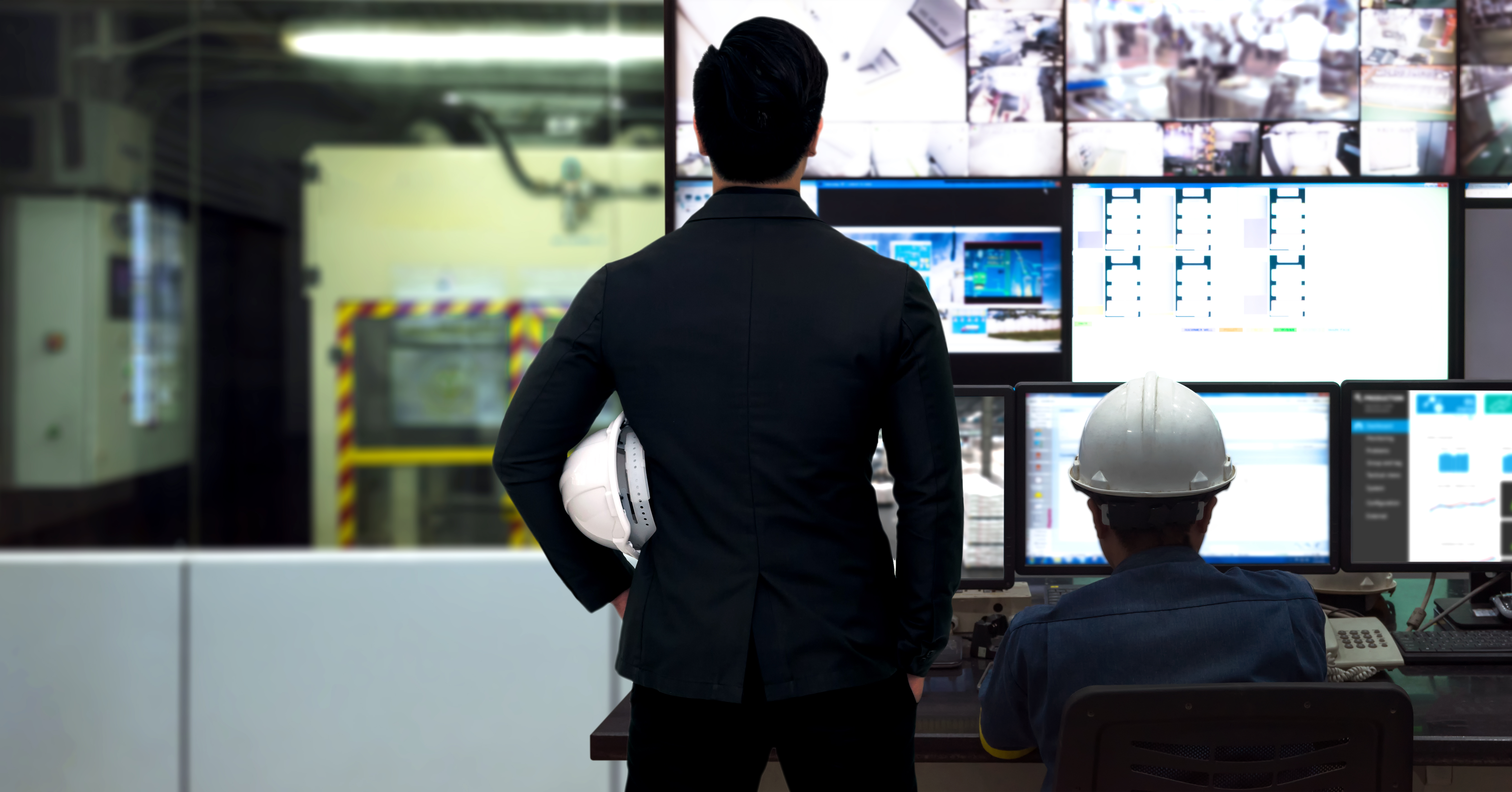Industrial automation is the use of automated control systems and devices such as robotics and computer software to control industrial processes and machinery, resulting in automatic functioning of industrial processes without the need for significant human intervention. Industrial automation is implemented to make industrial production processes simpler and efficient. Furthermore, it helps to save on labor costs, eliminate the possibility of human error, save time, create a safer working environment, and achieve higher efficiency.
Industrial automation has seamlessly integrated into almost every industry, with automated systems doing everything from manufacturing to packaging, and controlling HVAC systems.
Industrial automation involves the use of a wide range of tools that incorporate different devices and systems that impact on different aspects of the assembling or production process. Some of the industrial automation tools include; PLC’s, PC’s, machine drivers, sensors & actuators, human-machine interface systems, robotics, and communication modules.
Types of industrial automation systems
Fixed automation system – This system is designed to perform fixed and repetitive tasks, and there are rarely any changes made to the operations. This system is commonly employed in mass production systems.
Programmable automation system – In this system, assembling or processing operations can be modified using electronic controls. Reconfiguring this system takes a considerable amount of time and a longer setup, and it’s usually used in batch process production.
Flexible automation system- A flexible system is controlled by computers and offers great flexibility for making changes to the assembling or processing operations. These changes can be implemented quickly through commands. This system is best suited for production processes where the product varies frequently.
Advantages of Industrial Automation
Improved efficiency
Automated systems work faster and harder than humans, and can be deployed for 24 hours in a day 7 days in a week and 365 days a year.
Automation improves quality
Industrial automation cuts out the factor of human error to guarantee products of a higher and consistent quality.
High flexibility
Introducing new production capabilities in a production line results in many training hours for operators. However, automated systems can be programmed to do any task. New production capabilities can be instantly integrated into an assembly line. This allows manufacturers to save money and time on training.
Improved safety
Automated systems remove employees from dangerous work environments such as extreme temperatures, exposure to hazardous chemicals, poor air quality, heavy objects, and other dangerous working conditions.
Higher information accuracy
Manufacturers require production-related data to make informed decisions. Manual collection of data can be costly and prone to human errors. Industrial automation allows for automated and accurate data collection using sensors and devices.
Reduces costs
Industrial automation significantly reduces operating costs. Unlike human operators, an automated system does not require things like paid leave, holidays’ healthcare cover or any employee benefits. Although the initial costs may be high, subsequent costs are lower compared to employed human workers. Moreover, industrial automation achieves higher efficiency with fewer workers which means a higher return on investment.
Industrial automation has truly revolutionized the manufacturing sector in many ways. Manufacturing is certainly a tedious process without automation. Therefore, manufacturers need to adopt industrial automation to streamline production and boost profit margins.




